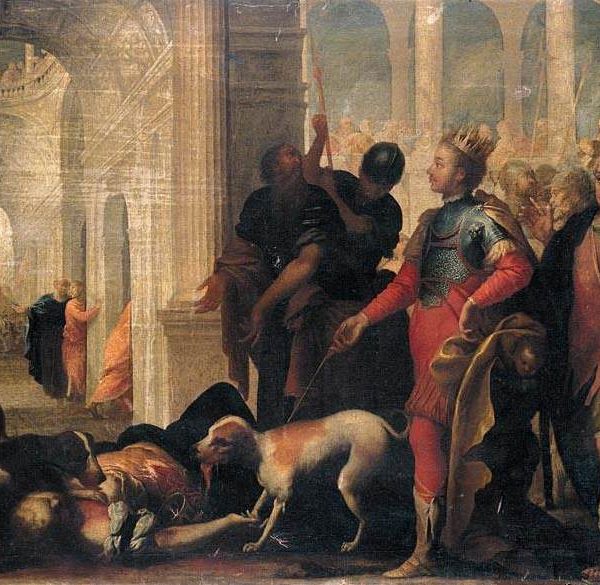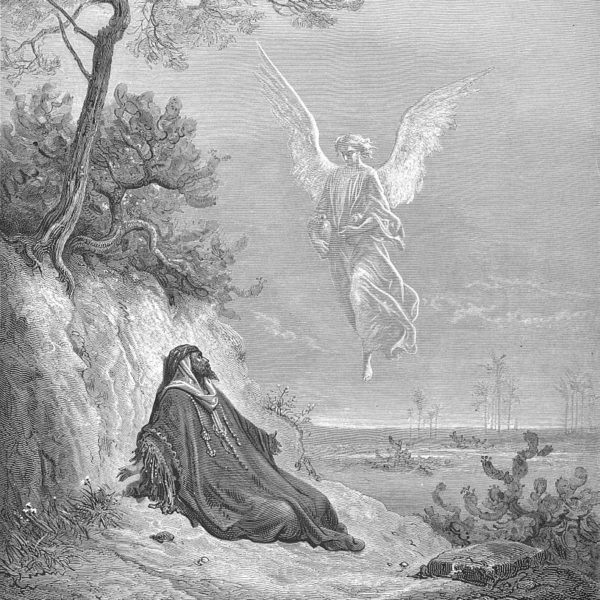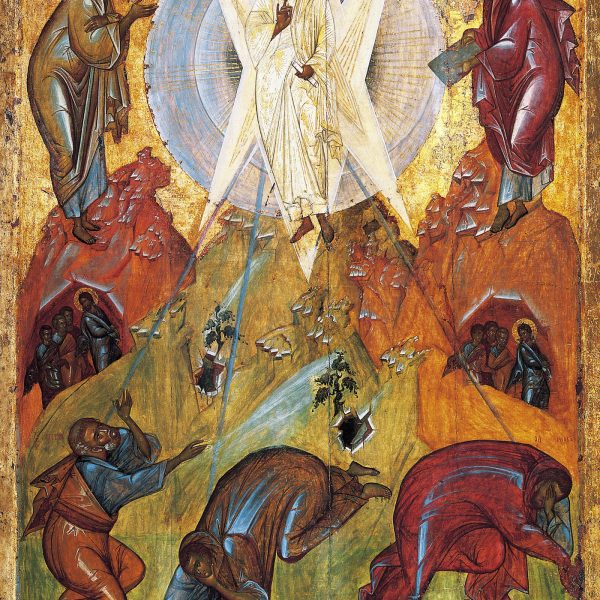
Framed merely as a story about the call to discipleship, and omitting verses 17-18, the fact that God is instigating political coups through his prophets in this passage could easily be missed if we didn’t consider the scriptural context of this week’s lectionary reading. Reflecting upon this passage and the ensuing events, we can learn something about God’s relationship to political rule.

Elijah’s ministry takes place during the reign of king Ahab in the 9th century BC. The narrative about the prophet is expressly political. It depicts a political dissident who speaks against the powers of his day, with the main focus on promoting the worship of Yahweh and fighting against the worship of Baal. The prophet’s actions must be understood against a wider Near Eastern context where religion was completely intertwined with politics and where Yahweh was the national god of the Israelites.
We are the heirs of Elijah’s legacy. His influence is evident within later writings of the Bible, the Bible’s earliest commentators, and within the Bible-shaped parts of our own culture. But how might we assess our inheritance? Elijah is a hero of the covenant. Moses redivivus. A witness to God’s justice and mercy for those without power. And yet. . . Elijah’s legacy is also that of a “troubler” (1Kings 18:17-18). Although the prophet denied the title, the Jewish rabbinic tradition has not been afraid to name troubling features of his ministry. He seems more pre-occupied with his own difficulties than those of the people. He does not advocate for the Israelites. He uses violence.


